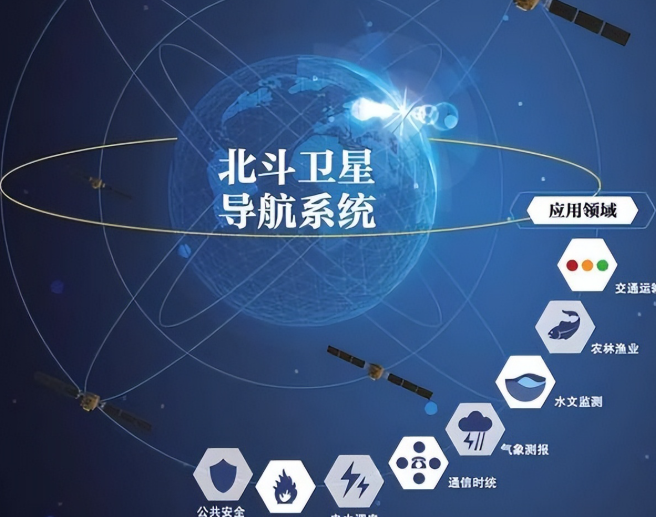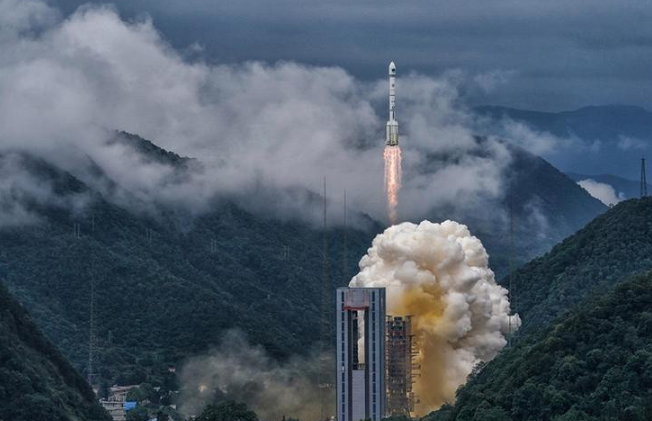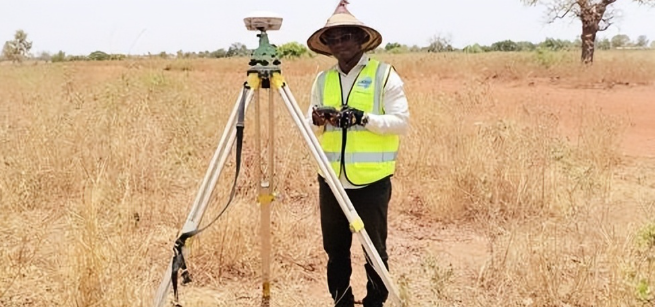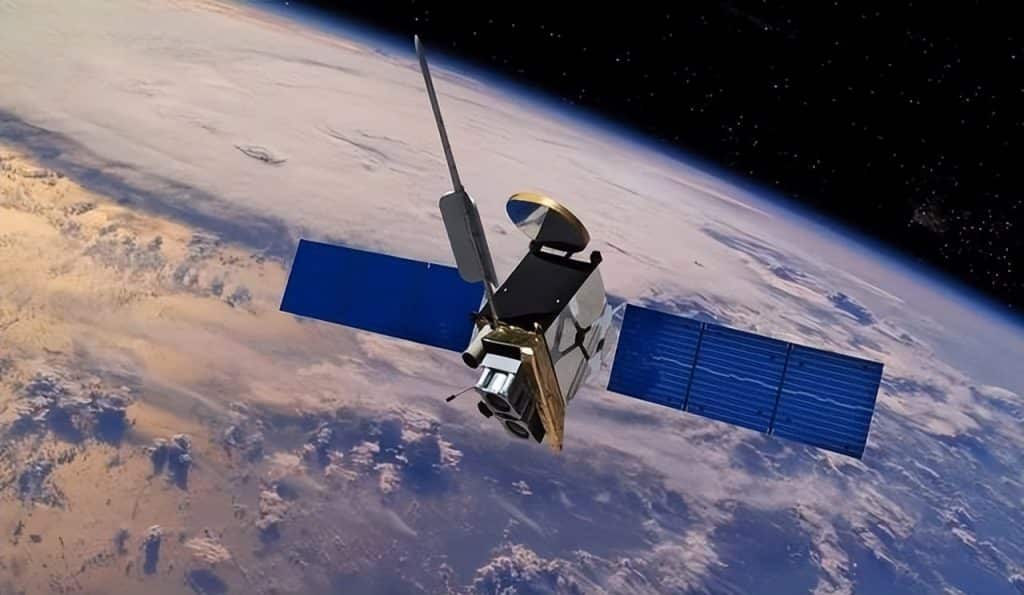For decades, most people assumed that global satellite navigation meant only one thing: the U.S. GPS system. But times have changed. Today, 137 countries are already using China’s BeiDou Navigation Satellite System (BDS), covering more than 1.5 billion people, with an industry value exceeding 530 billion yuan.
The key takeaway? The U.S. is no longer the sole navigation hegemon. This shift didn’t happen overnight—it’s the result of decades of struggle, persistence, and innovation.

From “Hijacked” Navigation to National Resolve
The BeiDou story begins with a crisis.
- 1993, the “Galaxy” incident: While sailing in the Indian Ocean, the Chinese vessel Galaxy suddenly lost GPS signals after the U.S. cut them off, accusing it of carrying chemical weapon materials. No evidence was found. No apology, no compensation. But the message was clear: navigation dependence meant vulnerability.
- 1996, Taiwan Strait missile exercises: During live-fire drills, U.S. interference disrupted GPS signals, causing Chinese missiles to miss their targets. Again, a harsh reminder: without self-reliance in navigation, even national security was at risk.
These incidents cemented China’s resolve to build its own satellite navigation system—one that no foreign power could switch off.

BeiDou’s Step-by-Step Rise
BeiDou’s journey took nearly 30 years, marked by setbacks, blocked collaborations, and breakthroughs.
- 2003: China invested heavily in Europe’s Galileo system (230 million euros pledged). But Europe restricted access to core technology, leaving China sidelined.
- 2007: China preemptively registered a frequency with the International Telecommunication Union—beating Galileo by just four hours. This move reshaped the global competition.
- 2012: BeiDou-2 provided services to the Asia-Pacific region.
- 2020: BeiDou-3 achieved full global coverage, with the final satellite launched into orbit.
Unique Strengths Beyond GPS
BeiDou doesn’t just replicate GPS—it innovates.
- Short-message service: In emergencies (earthquakes, lost at sea, network collapse), BeiDou allows text messages of up to 1,000 Chinese characters. GPS cannot.
- Inter-satellite links: BeiDou satellites can “talk” to each other without ground control. Even if ground stations are destroyed in wartime, BeiDou continues to operate—GPS would not.
- High precision: 2–3 meters in the Asia-Pacific, 4–5 meters globally. With augmentation, centimeter-level positioning is possible, enabling applications in bridge monitoring, disaster warning, and autonomous driving.
- Ultra-precise timing: 20-nanosecond accuracy, crucial for finance, telecommunications, and precision manufacturing.

From Labs to Everyday Life
BeiDou is no longer just a national project—it’s everywhere.
- China: Over 800 million vehicles, 1.3 million agricultural machines, and 1 billion+ mobile devices now integrate BeiDou. Over 80% of domestic smartphones support it.
- Abroad:
- Saudi Arabia: used in the Red Sea New City project
- Burkina Faso: mapping for hospital construction
- Peru: “5G + BeiDou + AI” smart port, tripling cargo efficiency
BeiDou is integrated with 5G, AI, big data, and cloud computing, supporting 80% of China’s major national projects.
Global Standardization and Partnerships
BeiDou has been included in 11 international standardization bodies, including:
- International Civil Aviation Organization (ICAO)
- International Maritime Organization (IMO)
- International Telecommunication Union (ITU)
It is interoperable with GPS, Russia’s GLONASS, and Europe’s Galileo, ensuring compatibility rather than confrontation.
By 2024, BeiDou products had been exported to 120+ countries, with 137 adopting nations worldwide.

America’s Declining Monopoly
For decades, the U.S. leveraged GPS as a strategic tool—open for civilian use, but always under Washington’s control. BeiDou changes the game:
- Strategic independence: No more reliance on U.S. signals.
- Openness: Unlike GPS’s history of selective denial, BeiDou emphasizes sharing, compatibility, and interoperability.
- Choice: The world now has an alternative, reducing America’s leverage.
Conclusion: A Different Era
BeiDou is not just about navigation. It symbolizes China’s technological self-reliance and global confidence. From blocked collaborations to international leadership, BeiDou’s rise reflects decades of perseverance and innovation.
Yesterday, the world looked to America for navigation.
Today, 137 countries look to China.
This isn’t just a shift in satellites—it’s a shift in global power.
References
- International Telecommunication Union (ITU) reports on BeiDou frequency filings
- Chinese Ministry of Transport, BeiDou application data, 2023
- Xinhua News Agency, BeiDou-3 Global Coverage Completion, 2020
- CGTN, BeiDou Exports and Global Partnerships, 2024



